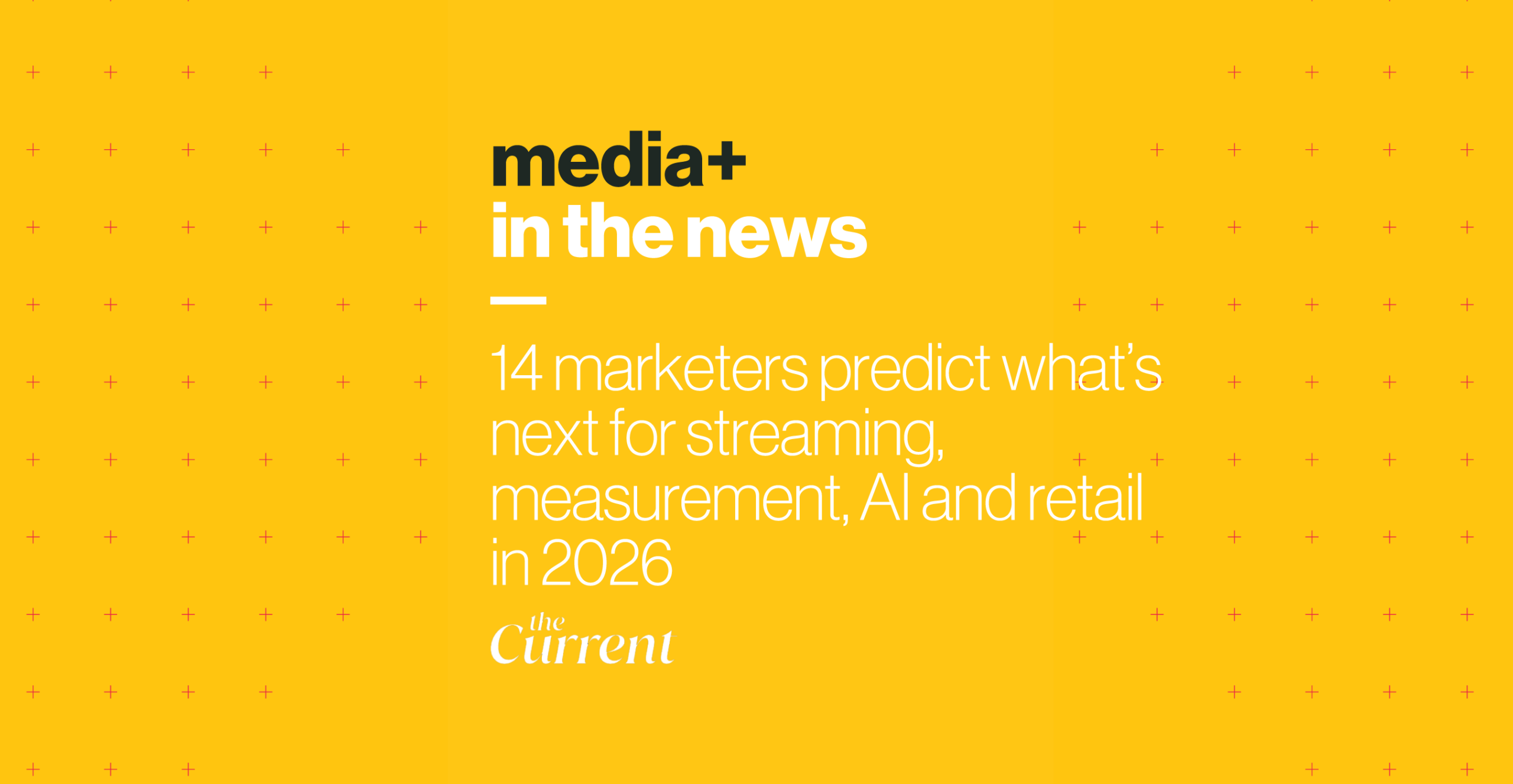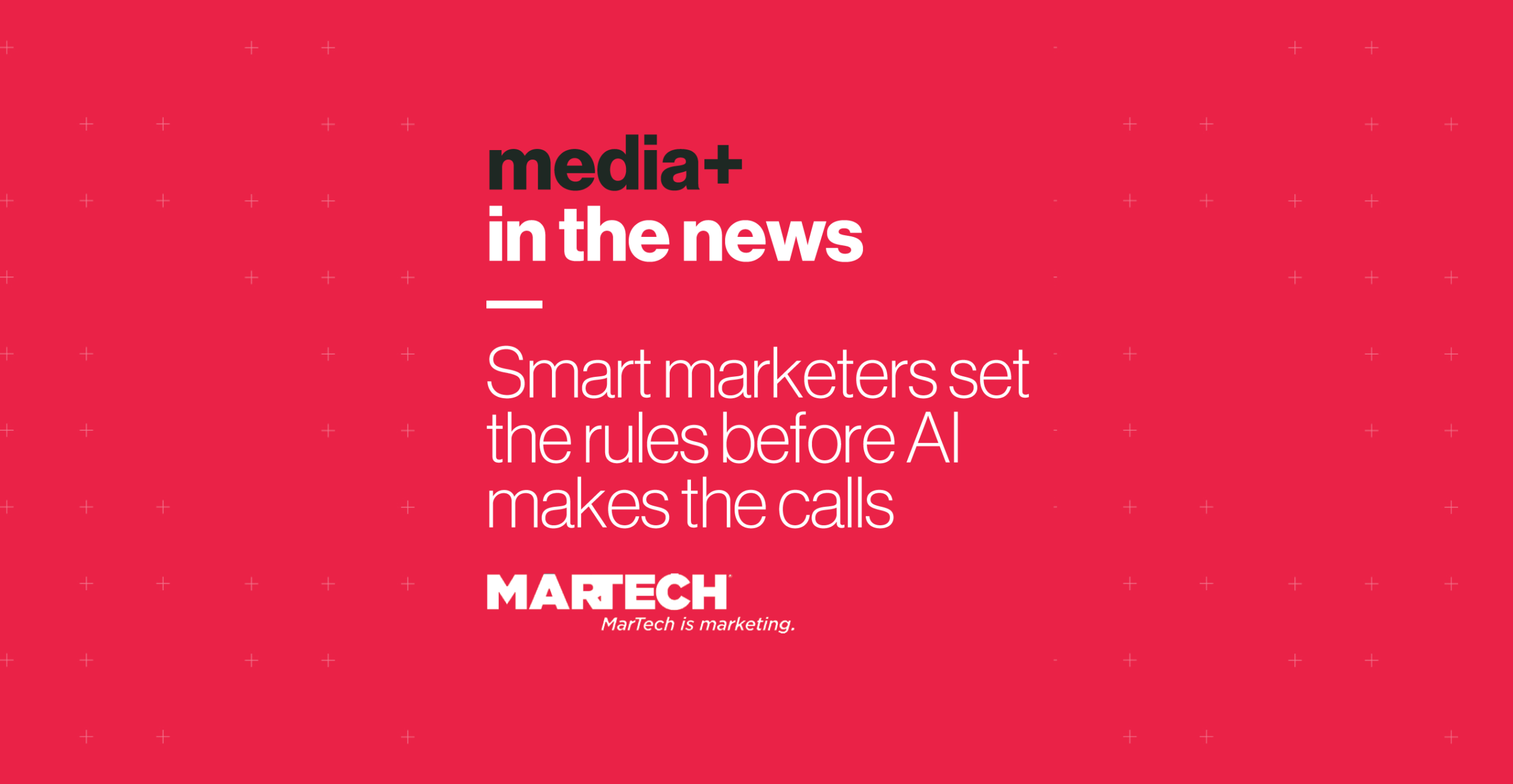2024 has been anything but predictable. Yet the mavens at AdAge recently asked 37 ad execs to make their predictions for the second half of 2024. Our very own Hope Richards offered her forecast, which was just published. We’ve highlighted Hope’s predictions below. Read the other 36 perspectives by viewing the complete article here.
By Lindsay Rittenhouse. Published on July 8, 2024.
July is here, which means so is the second half of 2024.
The first half of the year was dominated by talk of generative AI; the U.S. presidential race; the brand power of Taylor Swift (as well as whatever morsel of information the media could get on her relationship with Kansas City Chiefs’ player Travis Kelce); seemingly never-ending brand missteps; layoffs; the fallout between Michael Kassan and MediaLink; and a law forcing TikTok to sell its U.S. assets from its Chinese-based owner ByteDance or face a ban, among other topics.
Ad Age asked industry insiders and execs to share their thoughts on what they think will continue to trend in the second half of 2024, as well as what they’d rather not read in headlines through the rest of the year.
Fatigue around generative AI (and talk of its threat to creativity), unsurprisingly, is at an all-time high, but some executives said they’re even growing tired of Swift dominating brand marketing conversations and headlines around the advertiser fallout on X (formerly Twitter) under Elon Musk’s ownership.
Other predictions and comments range from calling for more investment in Pinterest, given its growing popularity among Gen Z, to embracing more immersive and wearable tech to reach younger generations. Brands will also continue to navigate politics amid the upcoming U.S. presidential election and pour money into women’s sports, especially with the Olympics on the horizon, some said.
Below are the responses from 37 industry executives, edited slightly for brevity and clarity, and ordered alphabetically.
[Read the full list here.]
Hope Richards, media director at independent media agency Media+
A trend I would like to see go away is inauthentic marketing. Inauthentic marketing, where individuals or companies promote products or causes without genuine belief, has become prevalent and problematic. Examples include influencers endorsing brands they don’t use and brands superficially supporting social causes. This leads to loss of trust, decreased loyalty and negative word-of-mouth, as informed consumers quickly recognize insincerity. To counteract this, brands and influencers should focus on authenticity, transparency and genuine engagement, fostering trust and long-term loyalty for more meaningful marketing success.

[Read the full list of insights at AdAge here.]


